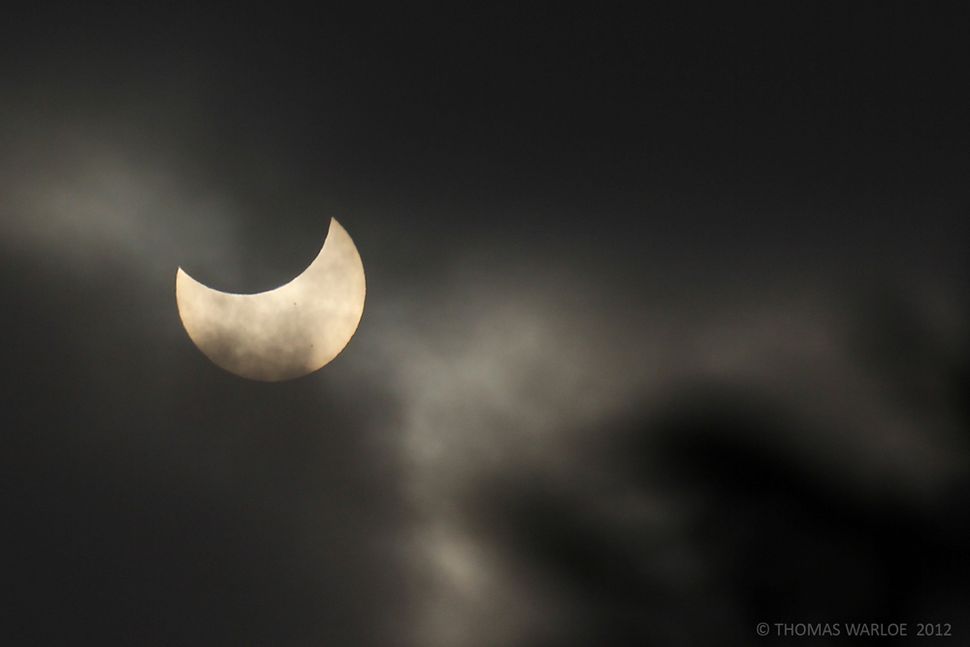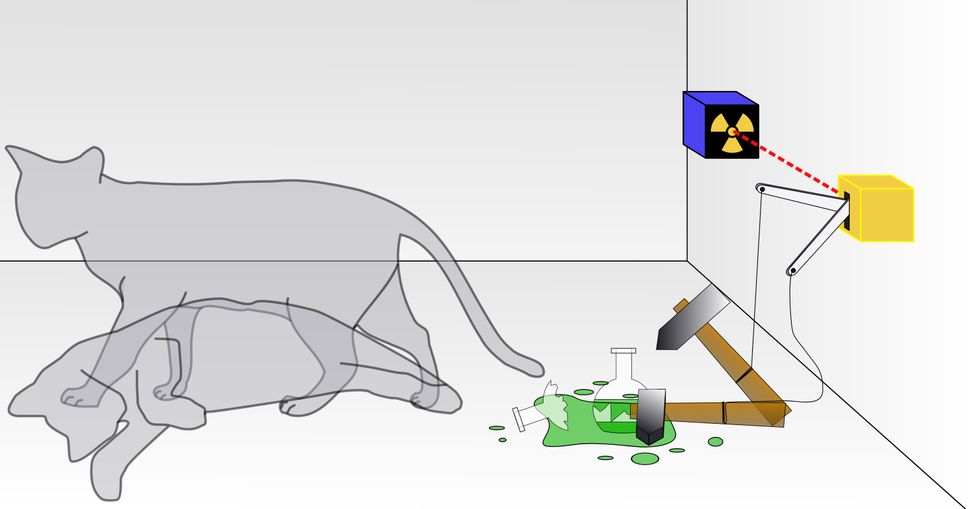SPACE.com by Paul Sutter 8/7/2023
They range from totally normal to "Tom Hanks."Modern astronomy and physics stretch back centuries, so naturally, they've accumulated a lot of interesting names for objects, ideas and phenomena.
And let's face it: Some are downright strange.
From odd choices for the names of astronomical bodies to hard-to-pronounce physics terms, sometimes the words we use in astronomy and physics can be off-putting or come with problematic historical backgrounds.
Here is a list of my favorite ones.
8. Tomhanks
The International Astronomical Union (IAU), headquartered in Paris, maintains sole naming authority for all astronomical objects and features. According to the IAU's guidelines, you must adhere to certain restrictions in naming most deep-sky objects — basically, you have to give any new discovery a boring category number. The exception is asteroids.
If you spot a new asteroid, the IAU will generally accept your suggested name. So when University of Arizona astronomer Joseph L. Montani discovered a new asteroid in 1996, he decided to name it after one of his favorite actors, Tom Hanks. Because the IAU mandates that asteroids have only a single name, however, the space rock's official designation is 12818 Tomhanks.
5. Syzygy
If it looks like a cat just walked over someone's keyboard, it's probably an astronomical term. Case in point: syzygy (pronounced SIZ'-a-jee), which comes from the Greek word for "union." This is the astronomical term for when three or more celestial objects find themselves in a straight line. Perhaps the most famous example of a syzygy is a total solar eclipse, when the sun, the moon and Earth all line up.
4. Gedankenexperiment
An illustration of the Schrödinger's cat thought experiment that presents a cat that is in a superposition of alive and dead states, depending on a random quantum event. (Image credit: Wikimedia Commons/Dhatfield )
The practice of physics requires an enormous amount of creative brainpower. The epitome of this is the "gedankenexperiment," which is German for "thought experiment." Physicists constantly imagine hypothetical scenarios and use those to think through the logical consequences of a hypothesis, and the practice has become so cemented as a part of physics training that it got its own name. Perhaps the most famous gedankenexperiment is attributed to Albert Einstein, who imagined what it would be like to ride alongside a beam of light. His insights would eventually lead to the theory of special relativity.
More:
https://www.space.com/astronomy-physics-jargon-top-10